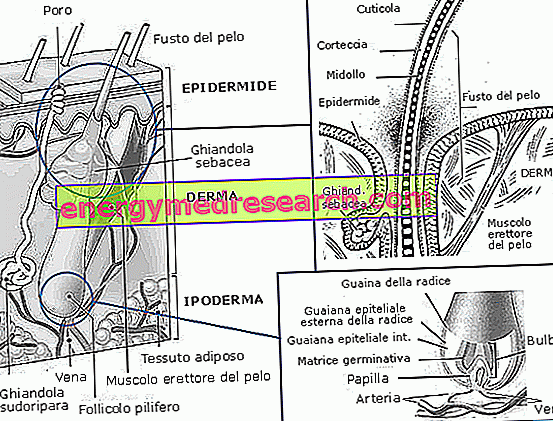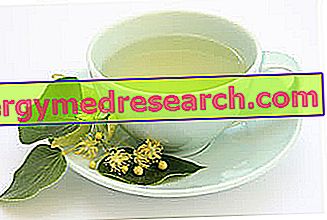By Dr. Johnny Padulo
Water is the quantitatively most important constituent of the body and it is known that without water it is possible to live only for a few days. In the adult, a loss of two liters of water leads to fatigue and inefficiency; a loss of four liters results in disability, a deficit of eight is lethal. The feeling of thirst is a fundamental factor in maintaining water homeostasis because, the introduction of water as a result of the stimulus, keeps the water balance positive; ignoring this feeling is harmful and dangerous. The sporting activity determines a greater energy expenditure and a loss of water in the form of sweat, consequently the need for liquids is greater and the water share of the diet represents an essential element to produce an optimal state of hydration, to support athletic performance and accelerate the recovery phase. Very important for the athlete is the adequate intake of liquids that must be appropriately distributed during the competition or training; the appropriate intake of liquids has the purpose of maintaining good thermoregulation abilities and preventing dehydration of the organism in the course of prolonged efforts. In fact, during a generic sporting performance there is a loss of water much higher than 2% of body weight, a loss that affects sports performance, through different adaptation mechanisms:
- appearance of cardiac and vascular stress due to reduction in plasma volume;
- increased heart rate (tachycardia) and body temperature (hot flushes, cramps, migraine, weakness up to cardio-circulatory collapse);
- appearance of general debilitating symptoms such as discomfort, fatigue, apathy, depression,
- inability to sustain the effort for long periods of time.
However, the real estimate of the water requirement is very difficult, above all because the losses defined as "insensitive" (ie due to evaporation through the skin and lungs) can vary considerably. In fact, these losses can represent 50% of the total elimination, above all in particular climatic situations.
The loss of liquids increases in environments with very high humidity, in fact the body under effort struggles to maintain a constant body temperature, thus eliminating a greater quantity of liquids, compared to that which would eliminate in a dry environment. When humidity is high, the body must lose much more water to give body heat to the environment. The water loss must therefore be compensated with equivalent volumes of liquids and it is advisable to prevent it by taking water before and during training or competition; otherwise, several hours are required to remedy dehydration. Each milliliter of water that evaporates involves the dispersion of 0.58 kcal; however, it is good to remember that sweating does not cause energy expenditure (it does not make you lose weight) and that only the water actually evaporated produces a reduction in body temperature. Conversely, that which remains in the removed clothing, or drips, or is mechanically removed from the skin surface, for example. with towels, it does not produce favorable effects on heat dispersion, but only leads to a further loss of water, which can aggravate the dehydrated state of the body. Among all the liquids to be ingested, what deserves the first place and remains the only, indispensable is water; during the effort, or before it, however, it is possible to resort to commercially available salt solutions, as long as they are properly formulated.
Water balance of a young non-sporting adult | ||||
(food ration of 2100 kcal / day) | ||||
WATER | (Ml / day) | |||
revenue | ||||
| Water contained in food | 1115 | |||
| Water contained in the drinks | 1180 | |||
Metabolic water | 279 | |||
TOTAL | 2574 | |||
Outputs | ||||
| Urine | 1295 | |||
feces | 56 | |||
| Evaporation (skin and lungs) | 1214 | |||
TOTAL | 2565 | |||
Balance | +9 | |||



